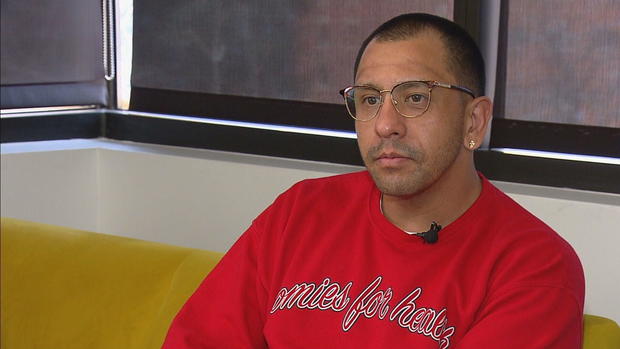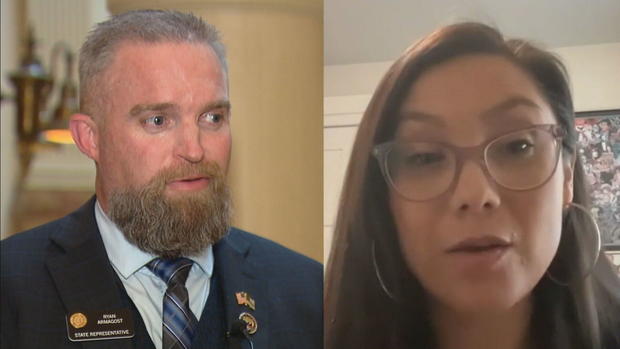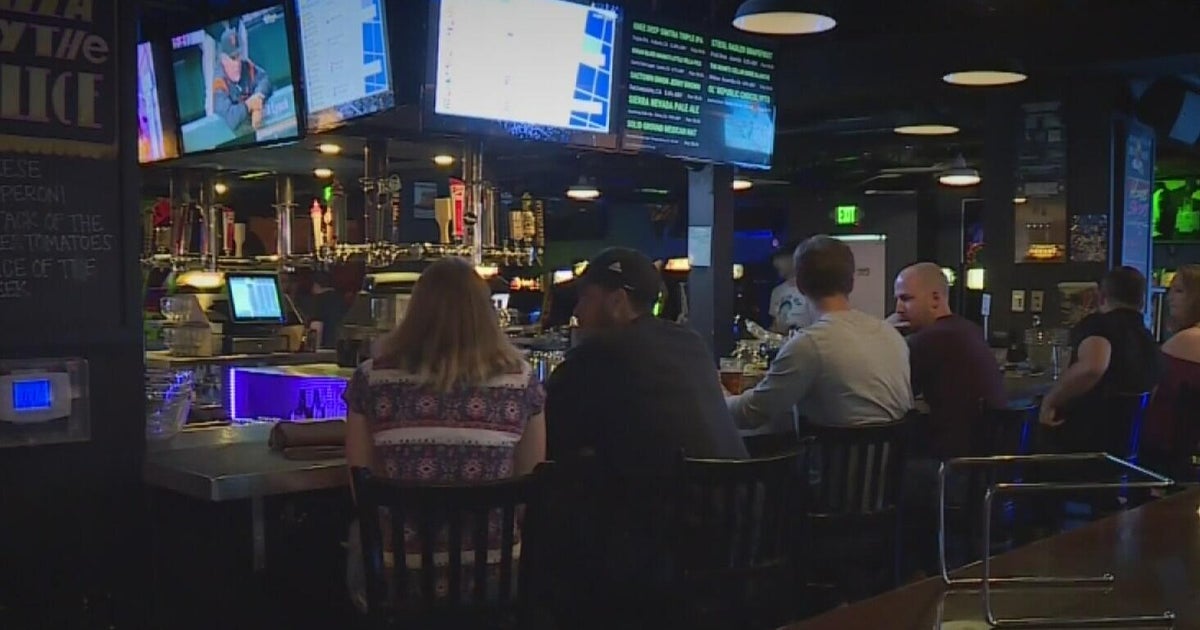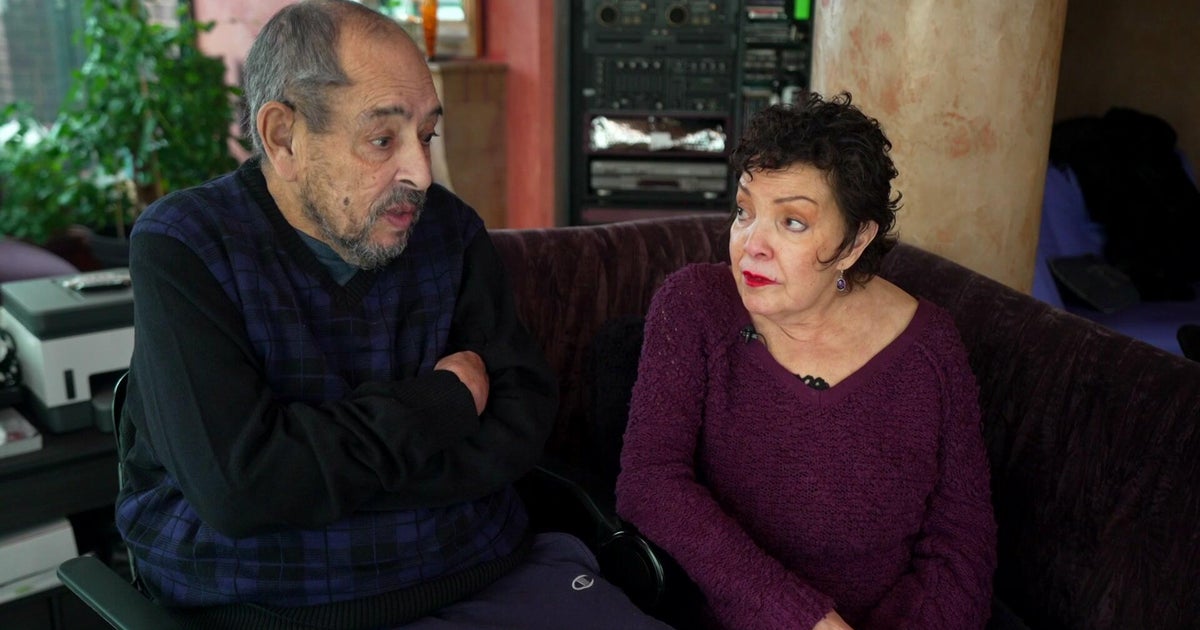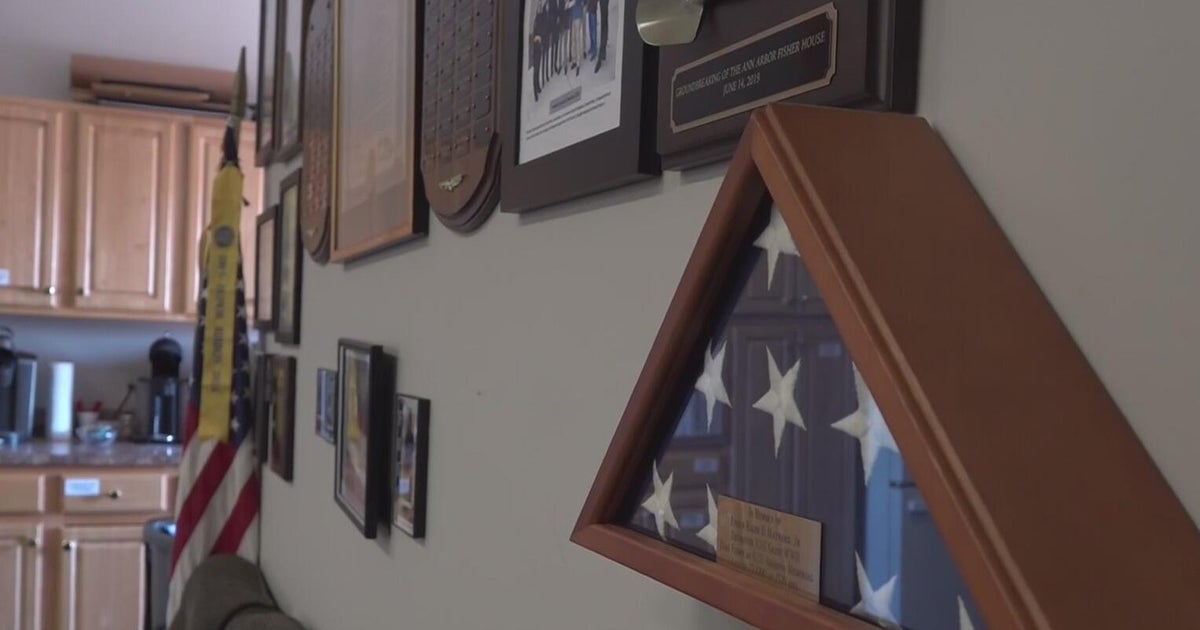Colorado lawmakers to consider no criminal charges for kids under 12 unless they kill someone
Some state lawmakers say no child under 12 should be charged with any crime but murder.
A yet-to-be-introduced bill would instead refer those kids for treatment and services. It comes as violent crime involving kids is increasing. According to the Division of Youth Services, more than a thousand young people, or 41% of kids detained in youth services in fiscal year 2022, had been arrested for violent crimes.
According to the Division of Youth Corrections, more than 1,000 young people were arrested for violent crimes.
Phillip Roybal is among those supporting the bill after his experience with the criminal justice system: "I was 12 years old and I stole some baseball cards."
He says that led to auto theft and drug possession. He bounced from group home to group home and graduated from youth corrections to prison.
"This became a snowball effect," he said. "I got lost in the system;" a system he wouldn't emerge from for 12 years.
"We don't want to continue that cycle," says Democratic state Rep. Serena Gonzales-Gutierrez, who is sponsoring the bill with Republican state Rep. Ryan Armagost.
They plan to introduce a bill to refer kids accused of crimes to community-based treatment instead of youth corrections.
"Kids that are committing those kinds of crimes -- in this age group especially -- it is more often than not, they are victims themselves," says Gonzales-Gutierrez, who's worked in child welfare and juvenile justice for 20 years.
Armagost has 10 years of experience as a Larimer County Sheriff's Deputy.
"Pushing them through the criminal justice system is only going to exacerbate what they're already going through when I think getting them on the proper treatment plan that they need is going to hopefully mitigate that," he said.
Under the bill, counties would be required to create so-called, "collaborative management programs," where police would refer kids accused of crimes.
Natalie Bodour has seen the difference between incarceration and community-based treatment. She worked in youth corrections for years before founding a nonprofit called Fully Liberated Youth, which provides prevention and intervention for kids.
"Victims become victimizers if they don't receive healing and services and resources," Bodour said. "As soon as separation happens and as soon as they have touchpoints with the legal system, it's a revolving door."
Tom Raynes, executive director of the Colorado District Attorneys Council says DAs already divert kids 12 and under from youth corrections to treatment: "Nobody wants a 10- to 12-year-olds in the system incarcerated."
What the bill does, he says, is remove any way of ensuring the kids comply with treatment by removing any possibility of detention, no matter how many times they re-offend or refuse services.
"I don't know how you face the parent of a 6- or 5-year-old victim of an 11-year-old offender and say 'We tried to put them into our collaborative team but they just said no. Sorry,'" Raynes said.
Raynes says over 10 years, nearly 1,000 Colorado kids ages 10 to 12 have been charged with violent crimes and another 1,500 with sex crimes. But only four of those kids have been sentenced to youth corrections, the others were diverted to services and treatment.
"It's only when they continually fail or they don't get the support they need, that we feel the need to intervene and then file the case and put them on probationary type scenarios," Raynes said.
Roybal now mentors at-risk kids and -- while the juvenile justice may have changed a lot since he was part of it -- he says, based on what he sees, there's still work to do: "I hope that Colorado takes the opportunity to be at the forefront to save our youth and prevent further crime."
The draft of the bill resembles legislation introduced last year that was turned into a study. When the governor signed that bill into law, he said that the study should be done by the Colorado Commission on Criminal and Juvenile Justice -- a non-partisan group made up of all stakeholders in the justice system. Instead, the study was done by a task force and many of the same concerns raised about last year's bill remain.

